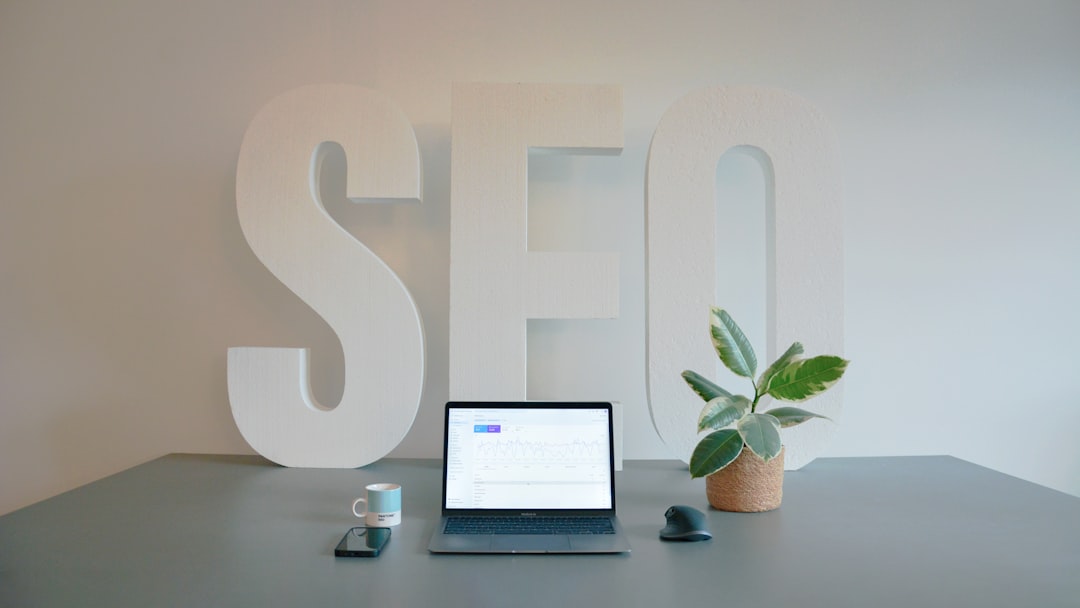Choosing the right eCommerce platform for your online store is no trivial task. There are numerous options available today, each offering unique advantages. Two platforms that regularly top the charts in popularity are Shopify and WooCommerce. Both have a track record of supporting successful online businesses across various niches, but they differ significantly in terms of cost, speed, and SEO. In this comprehensive guide, we’ll compare Shopify and WooCommerce on those three critical aspects to help you determine which one makes more sense for your business needs.
Cost Comparison
One of the first concerns for any entrepreneur planning to launch or maintain an online store is cost. Shopify and WooCommerce present very different pricing models, which can significantly impact your decision.
Shopify – Fixed Monthly Fees
Shopify operates on a subscription basis, offering three main plans:
- Basic Shopify: $39/month
- Shopify: $105/month
- Advanced Shopify: $399/month
In addition to these rates, you must also consider add-ons, apps, and themes that can incur additional monthly fees. Shopify charges transaction fees unless you use Shopify Payments, and credit card fees apply regardless of the plan you choose.
WooCommerce – Flexible and Potentially Cheaper
WooCommerce is a free WordPress plugin, but launching a WooCommerce store isn’t entirely without cost. Key expenses include:
- Domain name: Around $10–$20 per year
- Web hosting: $5–$30 per month, depending on the provider and traffic
- SSL certificate: Often included with hosting, but can cost $10–$100 if bought separately
- Premium themes or plugins: Optional, but can raise annual costs
WooCommerce can be the more economical option long-term, especially if you’re comfortable managing a WordPress website. However, costs can scale up if you rely on premium plugins or hire developers for customization.
Performance and Speed
Page speed can make or break your online business. Fast-loading websites improve user experience, extend time-on-site, and positively impact search engine rankings.
Shopify’s Optimized Ecosystem
Shopify is a fully hosted platform, meaning it controls the hosting environment. This allows it to optimize server resources and provide consistent performance across its network. Users benefit from:
- Built-in CDN (Content Delivery Network)
- Mobile-optimized themes
- Minimal downtime & automatic updates
Page load speeds on Shopify are generally quick out of the box, which is fantastic for those who want plug-and-play efficiency. If speed and simplicity are your top priorities, Shopify holds a clear edge.
WooCommerce: Performance Depends on Hosting
WooCommerce’s speed and scalability hinge on your chosen hosting provider. You get full control, which allows for deep optimization, but also puts the onus on you. Here are some factors that influence performance:
- Quality of hosting (shared vs. VPS vs. dedicated)
- Use of caching plugins (e.g., W3 Total Cache, WP Super Cache)
- Image optimization and content delivery configuration
- Database management
Proper configuration can make WooCommerce just as fast as Shopify, if not faster. However, there’s more technical involvement needed for optimal performance.

SEO Capabilities
Appearing in search engines is essential for organic traffic. Thankfully, both Shopify and WooCommerce have robust SEO capabilities—but they approach it differently.
Shopify SEO: Simplicity with Limits
Shopify makes SEO easy for beginners. Built-in features include customizable metadata, automatic sitemap.xml generation, and mobile responsiveness. But it does have some limitations:
- URL structure restrictions: Shopify appends prefixes like “/products/” and “/collections/” to URLs
- Limited control over robots.txt: Until recently, this critical file was not customizable
- Content loading quirks: JavaScript rendering can sometimes hinder search engine crawlers
That said, Shopify is constantly improving, and many businesses rank just fine with its built-in SEO support and apps like Plug in SEO or SEO Manager.
WooCommerce SEO: Full Control
Because WooCommerce runs on WordPress—the world’s most popular content management system—it inherits all of WordPress’s SEO strengths. Advantages include:
- Use of plugins like Yoast SEO or Rank Math for in-depth optimization
- Complete control over URL structures and redirect rules
- Better blogging capabilities for content marketing and inbound traffic
- Easy schema markup support for rich snippets
For those focused on SEO-dominated marketing strategies, WooCommerce presents more flexibility and finer control, though it may require more time and knowledge to execute well.

Ease of Use and Customization
While our focus is on cost, speed, and SEO, it’s worth noting how user-friendly each platform is.
Shopify – User-Friendly and Streamlined
Shopify is ideal for users who want a straightforward setup. It includes a drag-and-drop builder, built-in payment processing, and an intuitive dashboard. Customization is somewhat limited unless you’re comfortable editing the Liquid templating language or installing third-party apps.
WooCommerce – More Control, Steeper Learning Curve
WooCommerce offers more customization options due to its open-source nature, but it also requires a stronger grasp of web development concepts. Managing themes, plugins, and hosting may overwhelm beginners, but seasoned developers will appreciate the flexibility it allows.
Verdict: Choosing Between Shopify and WooCommerce
No platform is one-size-fits-all. The choice between Shopify and WooCommerce ultimately depends on your business goals, technical capabilities, and budget.
If Shopify is Right for You:
- You want a fully hosted, all-in-one solution
- You prefer convenience over deep customization
- You’re OK with predictable monthly fees
- You want fast setup with minimal maintenance
If WooCommerce is Right for You:
- You already use WordPress or are familiar with it
- You want complete control over SEO and customization
- You’re comfortable managing website hosting and technical maintenances
- You’re working with a tighter or more flexible budget

Final Thoughts
Both Shopify and WooCommerce have proven their value across thousands of businesses. While Shopify thrives with simplicity and managed services, WooCommerce excels where customization and SEO depth are a priority. Carefully weigh your current needs and projected growth to determine which platform aligns with your long-term vision.
Whichever platform you choose, success in eCommerce also depends on execution—great products, superior customer service, and compelling digital marketing strategies will carry you further than any one tool alone.